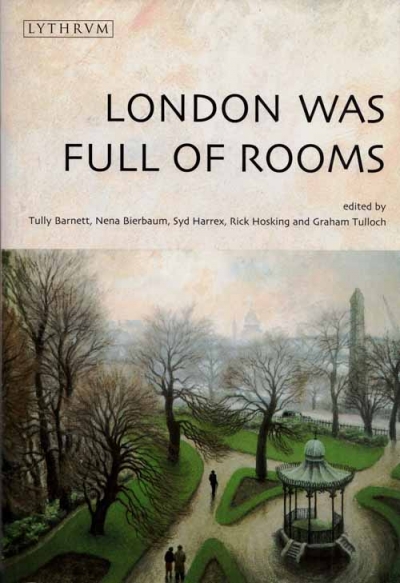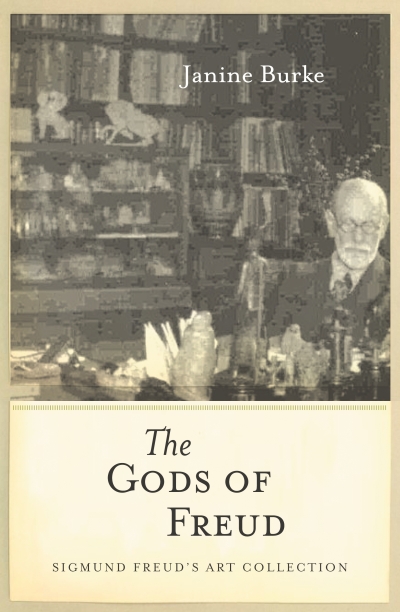Accessibility Tools
- Content scaling 100%
- Font size 100%
- Line height 100%
- Letter spacing 100%
Archive
The ABR Podcast
Released every Thursday, the ABR podcast features our finest reviews, poetry, fiction, interviews, and commentary.
Subscribe via iTunes, Stitcher, Google, or Spotify, or search for ‘The ABR Podcast’ on your favourite podcast app.
‘Where is Nancy?’ Paradoxes in the pursuit of freedom
by Marilyn Lake
This week on The ABR Podcast, Marilyn Lake reviews The Art of Power: My story as America’s first woman Speaker of the House by Nancy Pelosi. The Art of Power, explains Lake, tells how Pelosi, ‘a mother of five and a housewife from California’, became the first woman Speaker of the United States House of Representatives. Marilyn Lake is a Professorial Fellow at the University of Melbourne. Listen to Marilyn Lake’s ‘Where is Nancy?’ Paradoxes in the pursuit of freedom’, published in the November issue of ABR.
Recent episodes:
Australian television’s golden anniversary roadshow kicked off in September 2005 with the screening of 50 Years, 50 Shows on Channel Nine. Some twelve months were to elapse before the actual anniversary, on 16 September 2006. In 2005, Channel Nine was entering television’s anniversary year and, as the first station to go to air in Australia, determined to present its own history as synonymous with the history of television.
... (read more)Turkish Novelist Orhan Pamuk, aged fifty-four and native of Istanbul, where he has lived nearly all his life, has won the Nobel Prize for Literature. While his initial popularity in Turkey has declined because of the increasing complexity of his work, since the 1990s Pamuk has won increasing international acclaim as his works have been widely translated (Faber is his English publisher). Five novels have been translated: The White Castle (1990), winner of the Independent Award for Foreign Fiction; The Black Book (1994); The New Life (1997), a bestseller in Turkey; My Name Is Red (2001), winner of the IMPAC Dublin Award (2003); and Snow (2004).
... (read more)








